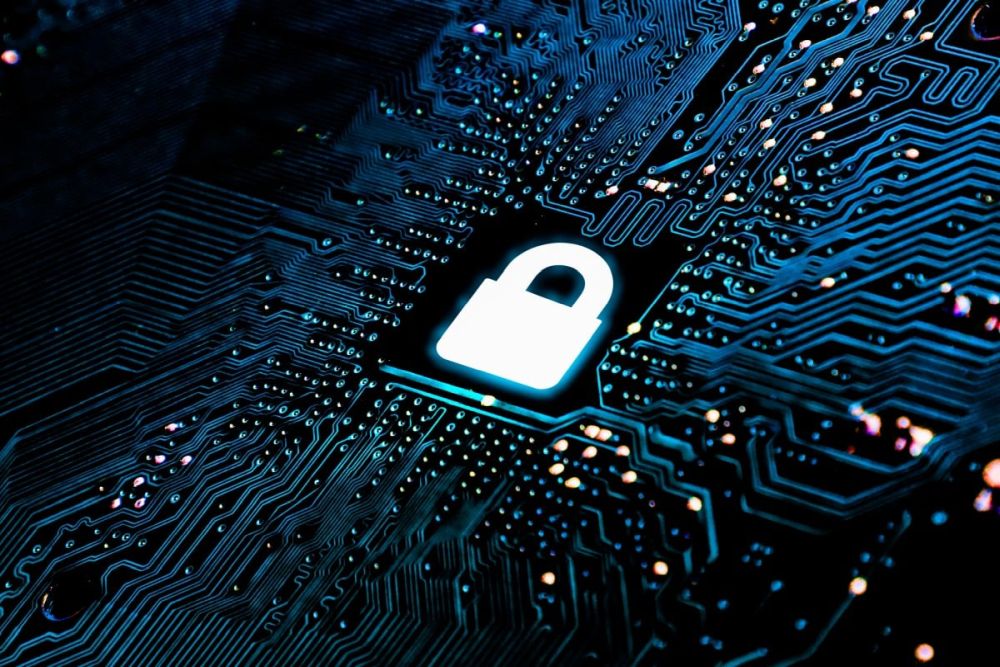Blockchain technology, the secure and transparent digital ledger system underpinning cryptocurrencies, is on the verge of revolutionizing the real estate industry. Traditionally known for its complexity and opaqueness, real estate is ripe for the transformative power of blockchain. This blog post dives into the exciting ways blockchain is poised to disrupt the status quo, making real estate transactions faster, more secure, and accessible to a wider audience.

Democratizing Real Estate : Opening Doors for All
One of the most significant transformations driven by blockchain is the democratization of real estate investing.
- Fractional Ownership: Blockchain allows for the tokenization of real estate, essentially dividing ownership of a property into digital tokens. This means investors can participate in the market with smaller amounts of capital, compared to the traditionally high barriers to entry.
- Increased Liquidity: Tokenization unlocks a new level of liquidity for real estate investments. Unlike traditional properties, tokens can be easily bought and sold on secure online marketplaces, making it simpler for investors to enter and exit the market.
This increased accessibility opens doors for a new generation of investors and fosters a more inclusive real estate market.

Goodbye Middlemen, Hello Efficiency
The traditional real estate transaction process is often riddled with paperwork, delays, and the involvement of multiple intermediaries. Blockchain streamlines this process by:
- Secure Online Marketplaces: Blockchain facilitates the creation of secure online marketplaces that connect buyers and sellers directly, potentially eliminating the need for traditional brokers.
- Disrupting the Middleman: The secure and transparent nature of blockchain challenges the role of intermediaries in real estate transactions. Smart contracts, self-executing agreements coded on the blockchain, can automate tasks currently handled by third parties, potentially reducing reliance on brokers and escrow services.
This streamlining translates to faster transaction times, reduced costs, and a more efficient overall experience for all parties involved.

Enhanced Security and Unparalleled Transparency
Security and transparency are paramount in any real estate transaction. Blockchain offers significant advantages in this regard:
- Immutable Ledger: Blockchain boasts an immutable and tamper-proof record-keeping system. Every transaction is encrypted and chronologically logged, making fraud or manipulation virtually impossible.
- Reduced Errors and Disputes: The secure and transparent nature of blockchain minimizes the risk of errors and disputes associated with traditional paper-based systems. This fosters trust and confidence among all stakeholders in the real estate market.
By providing a secure and transparent platform for transactions, blockchain fosters trust and reduces the risk of fraud, errors, and disputes.
The Future is Now: Embracing Blockchain Technology
The real estate industry is on the cusp of a transformative era. Here’s why early adoption of blockchain technology is a strategic move:
- A Secure and Transparent Future: Blockchain offers an unprecedented level of security and transparency in real estate transactions. This fosters trust and efficiency in the market.
- Early Adopter Advantages: As blockchain technology continues to evolve and gain wider adoption, early adopters will be well-positioned to capitalize on its potential benefits. This could include streamlining internal processes, attracting tech-savvy investors, and gaining a competitive edge in the marketplace.
While challenges like regulatory hurdles and broader industry adoption need to be addressed, the future of real estate is undoubtedly connected to blockchain. Forward-thinking players who embrace this technology will be best equipped to navigate the changing landscape and thrive in the years to come.

Blockchain technology holds immense potential to revolutionize the real estate industry. By enhancing security, streamlining transactions, unlocking liquidity, and automating processes, blockchain paves the way for a more efficient, transparent, and accessible real estate market. While there are hurdles to overcome, the future of real estate is undoubtedly connected to blockchain. So, are you ready to embrace the future?


